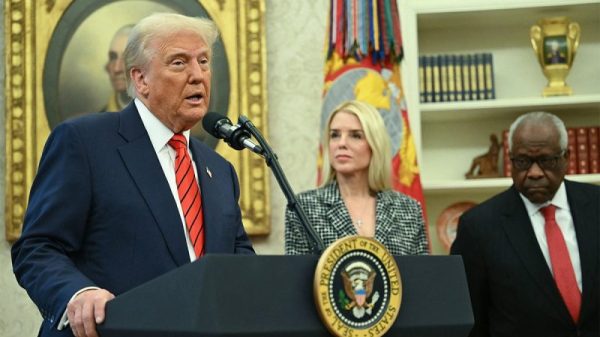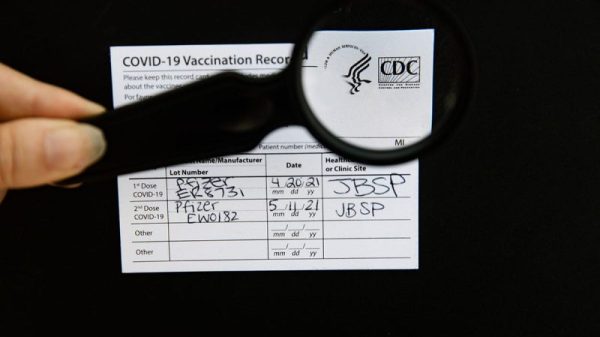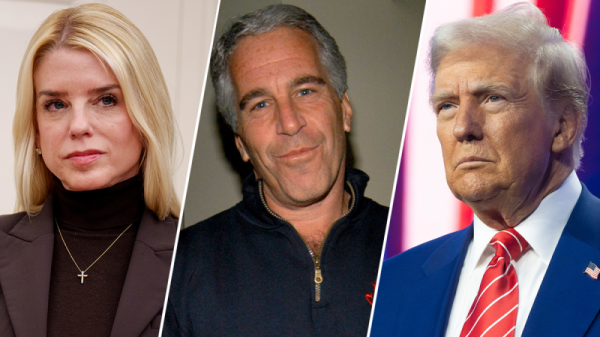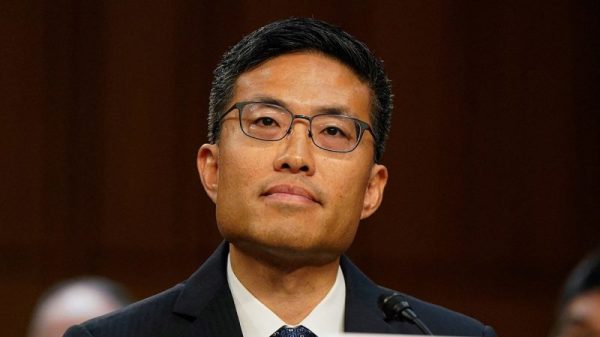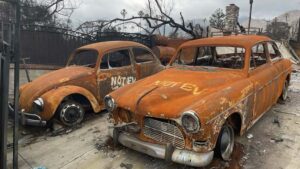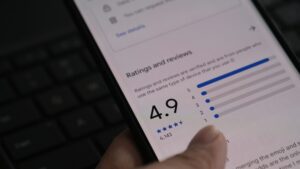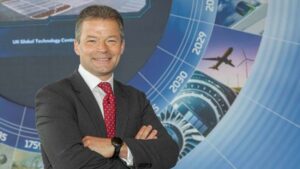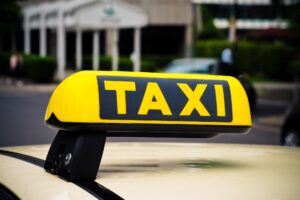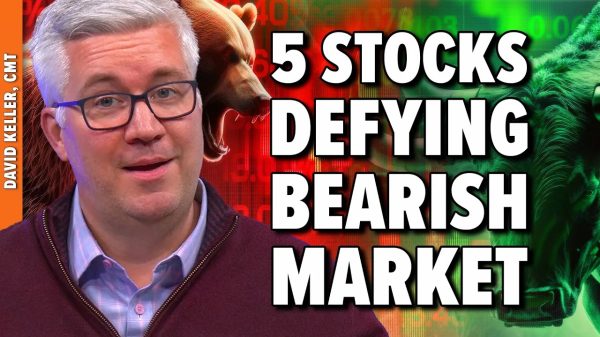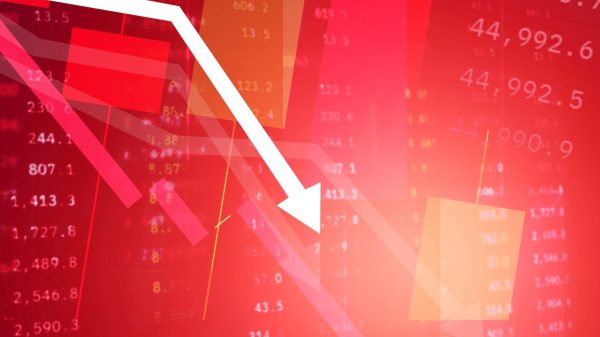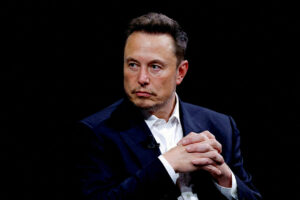
I’ve been to Los Angeles many times over the years — for work, for pleasure, and occasionally for that curious hybrid of both that journalists tell their accountants is “business travel”. I’ve always loved the place: the optimism in the air, the palm-lined streets, the sun-washed hills rolling down to the Pacific.
But this time was different. The hills were scorched. The air was acrid. Driving into Altadena, I was met not by the familiar suburban hum but by the sight — and smell — of destruction. Houses gutted. Trees reduced to brittle, blackened bones. A haze that clung to the lungs.
The Altadena fires had not just burned through land. They’d burned through lives. People who had built homes, memories, and futures there now stood in the ash, holding nothing but what they’d managed to carry out in the scramble to safety.
And it wasn’t just the physical damage. It was the mood. Conversations were quieter, eyes heavier. You could feel the shared trauma — the knowledge that the place they loved could, at any moment, be taken again.
I was so moved by what I saw that I did something I rarely do on the road: I stopped, set up my phone, and recorded a short video for the EV Powered YouTube channel. Standing there in the still-smouldering aftermath, I spoke about the urgency of action on climate change. You can watch it here: EV Powered – LA Fires.
And yet, despite the unarguable evidence — the rising temperatures, the worsening storms, the lengthening wildfire seasons — there are still those who stand before cameras and insist that climate change is some elaborate hoax. In the US, Donald Trump has made a sport of it. His casual dismissal of climate science has been a defining theme of his politics, playing to the crowd but abandoning the planet.
It’s a dangerous luxury, this denial. It allows leaders to dodge difficult policy decisions, to swerve the costs of action, to keep the machine humming exactly as it always has. But it comes at the expense of people like those in Altadena, and the farmers in Oxfordshire, and communities everywhere that are already paying the price in floods, droughts, fires, and food shortages.
And climate denial is not confined to the MAGA circuit. In Britain, we too have our own chorus of sceptics — some in the press, some in the pub, and some, regrettably, in positions of real influence, and then there is Reform UK’s very strong opinion on the topic. They cloak themselves in the language of “common sense”, as though ignoring a problem is somehow more practical than solving it.
This is where my LA trip connected in my mind to my previous column on Jeremy Clarkson. Clarkson is no Trump — he’s not campaigning to roll back environmental protections, and he’s done more to educate the public on the realities of farming than any politician I can name. But when he waves away the link between extreme weather and climate change, it feeds the same complacency that lets fires burn hotter, seas rise faster, and communities like Altadena bear the brunt.
Here’s the hard truth: the cost of action is high, but the cost of inaction is ruinous. Businesses know this — supply chains are disrupted by floods, crop yields are hit by droughts, insurance costs soar with every “once-in-a-century” disaster that now happens every other year. Whether you’re running a farm in Chipping Norton or a logistics hub in California, climate change is a line on your P&L whether you acknowledge it or not.
The lesson from Altadena is not simply that wildfires happen. It’s that they are happening more often, more intensely, and in places that didn’t used to burn. And unless we accept the link to our changing climate — and act accordingly — they will keep happening.
Flying home, I thought about the people I’d met there. Not activists, not lobbyists, not political operatives — just residents, trying to rebuild. They don’t have the luxury of debating whether the climate is changing. They are living in the aftermath of the answer.
If there’s one thing the business community can take from this, it’s that leadership means facing reality, even when it’s inconvenient. We can’t keep treating climate change as someone else’s problem, or tomorrow’s problem, or — worst of all — not a problem at all. Because by the time the flames are at your door, it’s too late to deny they’re real.
Read more:
From Altadena to Westminster: climate denial is a luxury we can’t afford

